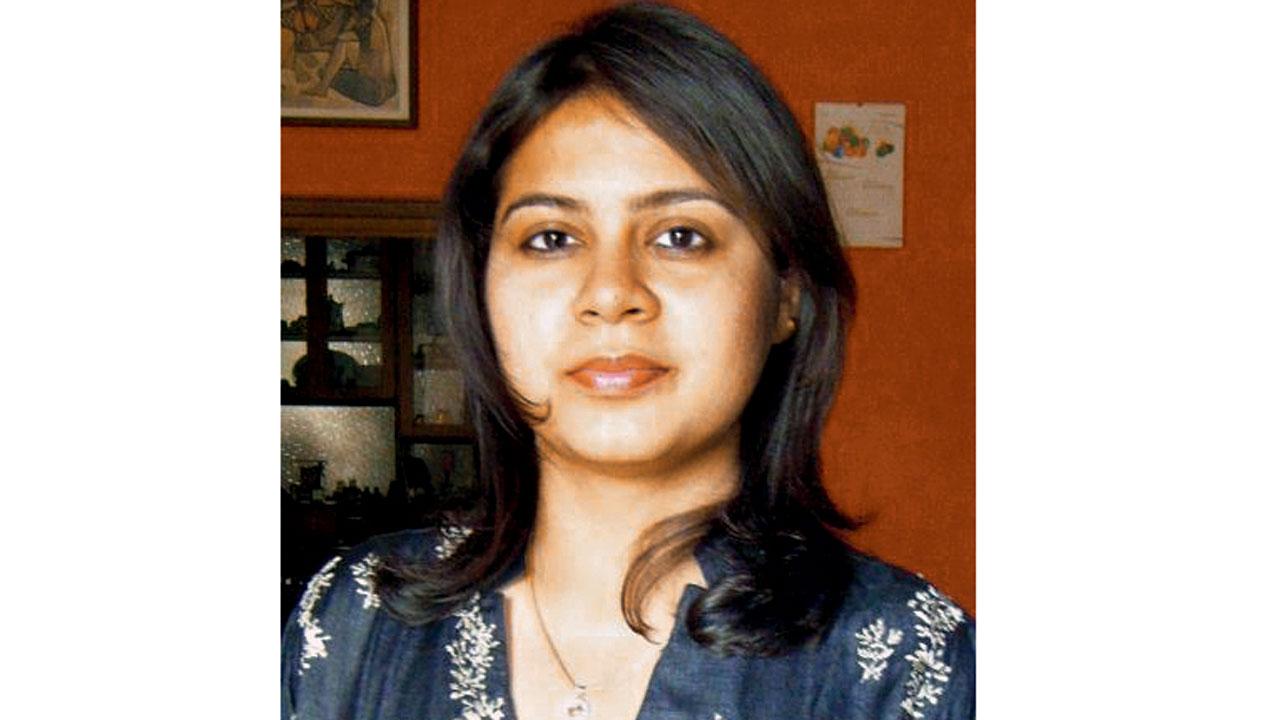Three professionals help us enter the new year with a balanced self-perspective and optimistic energy by overcoming the year-end stress caused due to past failures and regrets

When you nurture a loving and fulfilling relationship with yourself, it becomes more rewarding to have relationships with other people
You aren’t alone in feeling overwhelmed on the cusp of the new year. Looking back on 2023, it’s not uncommon to fixate on lost friendships, loneliness, unexpected failures, and unachieved professional milestones. Experts guide us through reframing our retrospective glances to better understand a wholesome human experience with ups and downs, along with ways for better resolution planning.
>>Dealing with loneliness or broken relationships
Look back at important relationships with acceptance and how they have turned out. Relationships, like people, are dynamic and ever-evolving; they require us to adapt to changes while continuously being aware of our own needs and limitations. Apart from emotions, practical and social considerations shape the course of our relationships.
Make a list of aspects that turned out well, and others that did not have a favourable, or desired outcome. Also note how you contributed to outcomes, and what you could have done differently. This might help align your perspective and take ownership of the things in your control, like your thoughts and behaviour.
When dealing with loneliness, strive to improve your relationship with yourself first. Focus on your physical and mental health and emotional stability. Besides building your career, it is important to spend time taking care of yourself, investing in creative pursuits, social engagements and learning new things. When you have a loving and fulfilling relationship with yourself, it is more rewarding to have relationships with other people.
>> Assess fitness and mental well-being

Begin your self-assessment with your accomplishments, even if they were partially achieved or you took steps to overcome hurdles in achieving goals. Self-assessment is a process and a chance to learn more about yourself, and your performance including intrinsic motivation, strengths and weaknesses. This will give you feedback to create realistic and reasonable goals, and develop appropriate strategies to enhance your skills and performance. Be honest with yourself during this process and remember, nobody is more affected by your lack of good health than you.
Dr Deepti Kukreja, consultant psychiatrist, Holy Family Hospital, Bandra
>> Goal-setting and self-discovery
The ‘end of the year syndrome’ is marked by feelings of underachievement and anxiety. Expressive art practices can offer a powerful antidote. Turn to art to create a visual year-in-review by sketching or doodling key moments and milestones achieved each month. Instead of focusing on what the year lacked, highlight progress and personal growth. As for planning the future, such artworks can serve as a motivational guide for the new year.

Make expressive writing a daily practice by noting thoughts and reflections for clarity and sharper self-assessment
>> Appreciation board: For the disappointment of un-met goals, alongside each perceived failure, illustrate a corresponding lesson or a silver lining. This process not only validates our experiences but also celebrates our resilience and humanity.
>> Emotion painting: Add colours and strokes to the board that are associated with feelings and moods throughout the year. This helps provide a cathartic release.

Express yourself using art, colours and doodling to reflect your mood and experiences through the year
>> Future self-portrait: Draw your future-self infused with aspiring attributes and successes, to serve as a beacon for the year ahead.
>> Expressive writing: This can be a daily practice where you pen down thoughts and reflections. It can be therapeutic for those who find solace in words. Incorporating these practices into regular routines can offer a multifaceted approach to navigating
emotional landscapes.

Charvi Budhdeo, expressive arts therapist and founder of The Movement Spectrum
>> Refocus on your next career move
>> Failure is an opportunity to learn - Reframe the way you approach setbacks; look at them as chances to grow. This will relieve you from anxiety and discouragement.

Make a note of big and small achievements to reflect your progress
>> Achievements come in all sizes - Small achievements are as powerful as the monumental ones. Overcoming small yet persistent hurdles must be counted as a reminder of ongoing progress.
>> Comparison is a killer - Set realistic goals according to your capacity. There is no single yardstick to measure success; it is whatever you define it to be. So, avoid societal pressure, and don’t follow the goals and lifestyles people portray on social media.

>> Teamwork - Create a supportive network of friends, mentors, coaches and colleagues to help you navigate your journey. Collective wisdom and encouragement from the support system provide a strong foundation for tackling career moves.
Ami Ved, communication coach, soft skills expert, and founder of @speakwithamee
Experts’ tips
1. Finances - Allot budgets, savings and activities for every quarter.
2. Approach to food - Be mindful and joyful about food choices. Don’t limit; practise moderation.
3. Fitness - Find exercises that you enjoy, and stick to a routine.
 Subscribe today by clicking the link and stay updated with the latest news!" Click here!
Subscribe today by clicking the link and stay updated with the latest news!" Click here!








